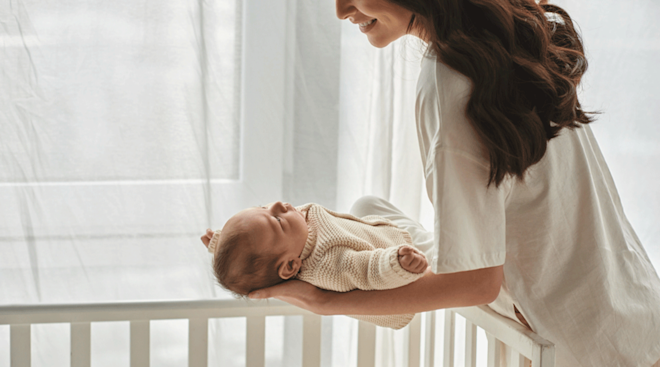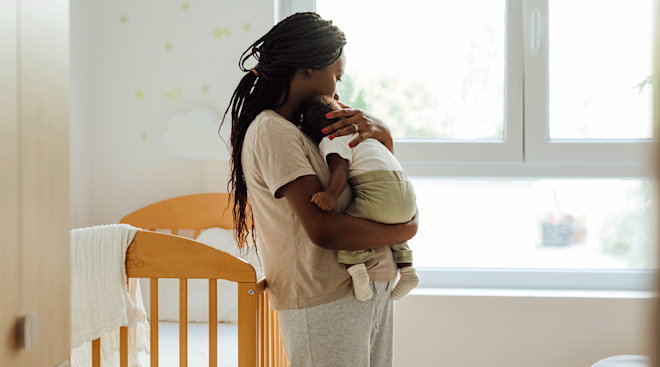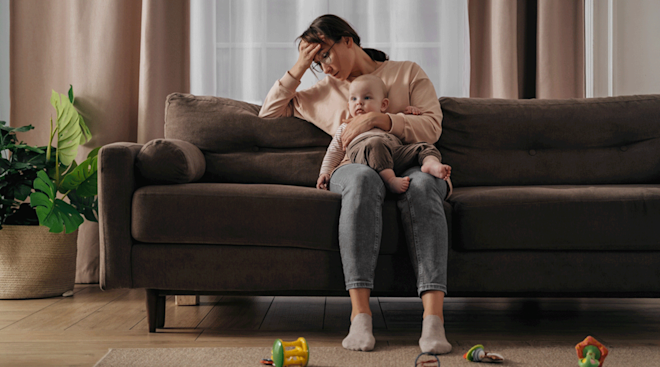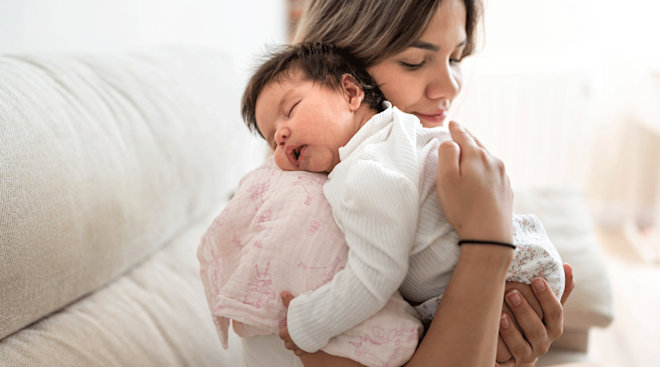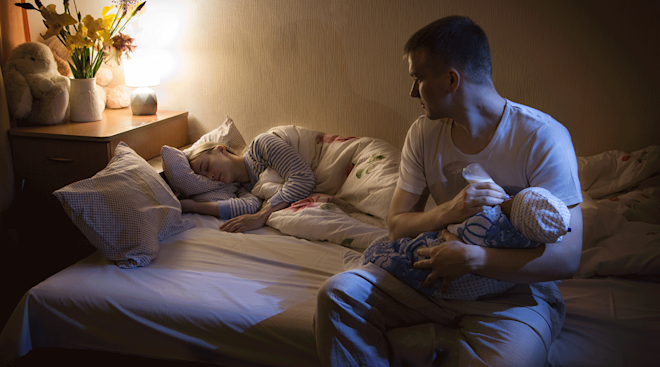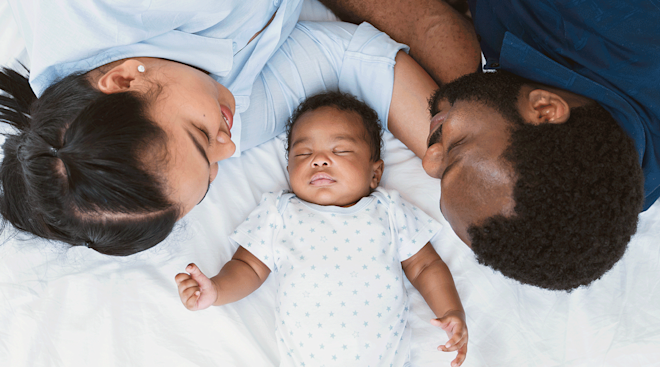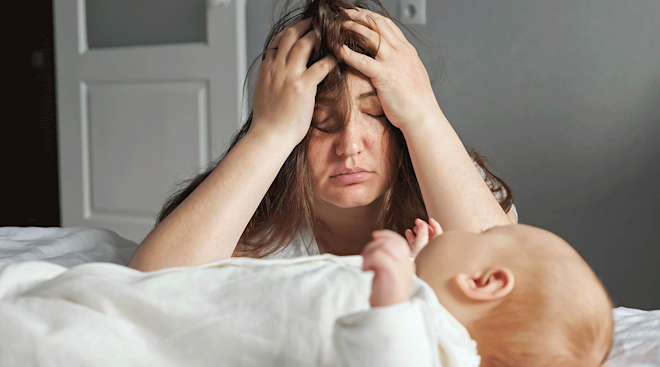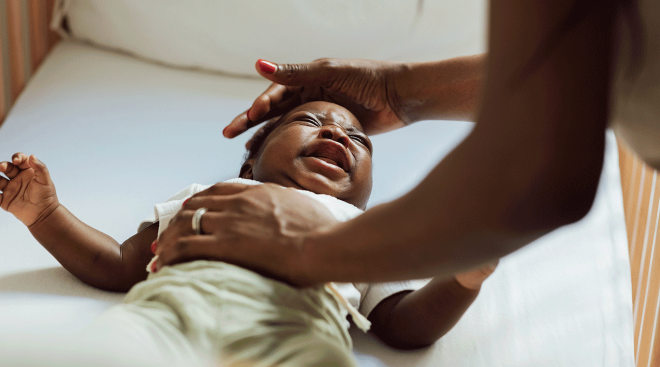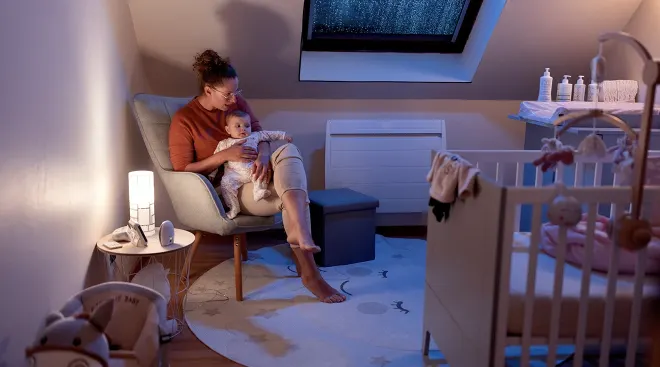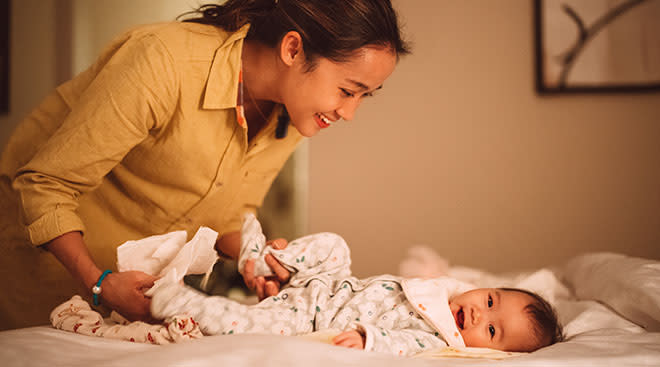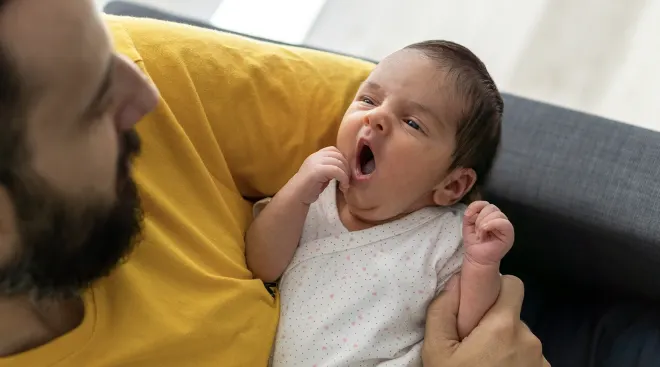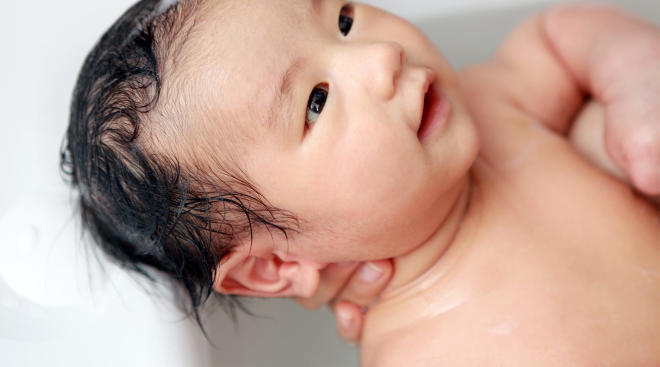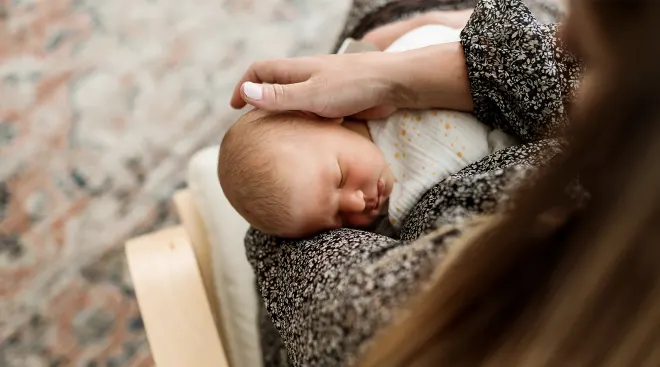This Daily Activity Prevents Preschoolers From Getting a Good Night’s Sleep
Preschoolers who watch TV sleep “significantly” less than those who don’t, according to research by University of Massachusetts Amherst neuroscientist Rebecca Spencer and developmental science graduate student Abigail Helm. The study looked at the effect of TV use on young kids’ sleep patterns using a device the kids wore on their wrists.
Another interesting takeaway—36 percent of kids ages 3 to 5 years old have televisions in their bedrooms, and one third of those kids fall asleep with it on, often playing action-packed or violent programs. While kids who fell asleep with the TV on had an increased number of naps during the day, it didn’t fully account for the lost amount of sleep at night.
“The good news is, this is addressable,” says Spencer. "Parents assumed that TV was helping their kids wind down. But it didn’t work. Those kids weren’t getting good sleep, and it wasn’t helping them fall asleep better.”
The researchers analyzed 470 preschoolers from Western Massachusetts for up to 16 days. Their parents answered questions about demographics and the kids’ health and behavior, including TV use. They found that preschoolers who watch less than one hour of TV per day get 22 more minutes of sleep each night than those who watch more than an hour daily. Additionally, kids without TVs in their room slept 30 minutes more at night than those who did have them. While kids with TVs in their bedrooms slept about 12 minutes longer during daytime naps, they still got 17 minutes less sleep during a 24-hour period.
The study came shortly after guidelines were shared by the World Health Organization (WHO) in 2019. The general gist of the regulations encourage parents to have their young children sit less, exercise more and get enough sleep. One thing the agency makes sure to stress is the negative effect screen time has on promoting sedentary activity in kids. It recommends that children less than 2 years old have no screen time, and screen time shouldn’t last more than an hour for kids between the ages of 3 and 4.
While large amounts of screen time isn’t recommended by experts for young children, it’s important to acknowledge that parents are often overburdened. They’re far too stressed and juggling too much. Due to all this, screen time limits may be harder to enforce. If you’re struggling to find alternative ways to keep your children entertained, check out these indoor activities that can help. Plus, discuss the issue with your pediatrician for additional resources. And remember, we’re all doing the best we can—it’s okay to allow yourself a break every now and then.
Please note: The Bump and the materials and information it contains are not intended to, and do not constitute, medical or other health advice or diagnosis and should not be used as such. You should always consult with a qualified physician or health professional about your specific circumstances.
Navigate forward to interact with the calendar and select a date. Press the question mark key to get the keyboard shortcuts for changing dates.

































